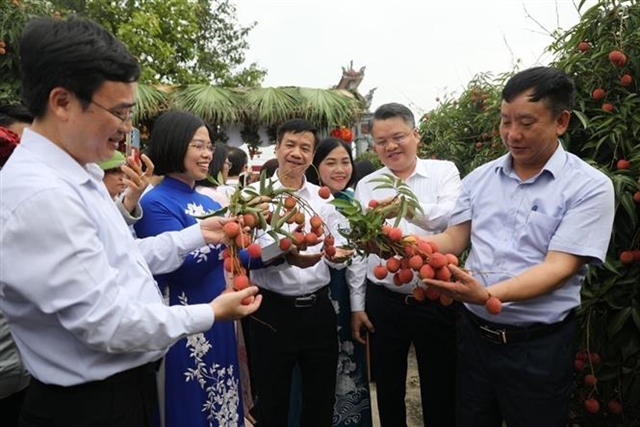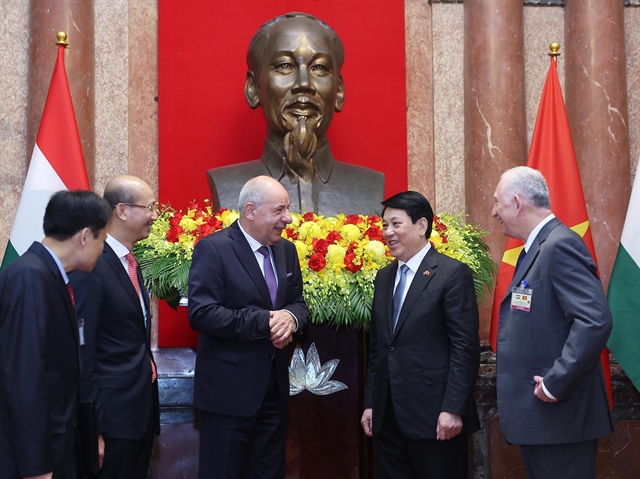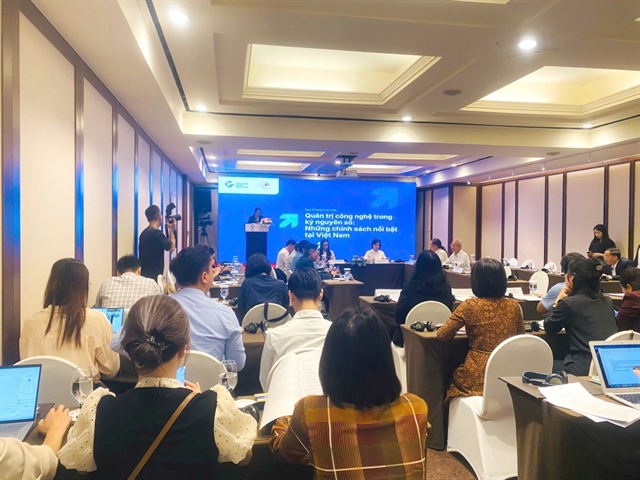 Economy
Economy

Rising nine points compared to the fourth quarter of last year on the back of increased positivity about local job prospects and the state of personal finances, Việt Nam’s consumer confidence index reached its highest level in the last decade.
98541452PM.PNG) |
HÀ NỘI — Rising nine points compared to the fourth quarter of last year on the back of increased positivity about local job prospects and the state of personal finances, Việt Nam’s consumer confidence index reached its highest level in the last decade.
This made Việt Nam the fourth most optimistic country in the world, according to the latest issue of The Conference Board Global Consumer Confidence Survey, in collaboration with Nielsen, a global information and measurement company.
Southeast Asia and North America had the highest level of consumer confidence. Consumers in Southeast Asia remained relatively optimistic, with confidence increasing by 2 points from 119 in Q4 2017 to 121 in Q1 of this year. Three out of six countries reaching the highest confidence score were Việt Nam, Philippines and Indonesia.
Although the Philippines posted the region’s biggest decline in confidence, down three points, the country still ranked the second most optimistic globally with 128 points.
Malaysia surged by 10 points to 104 points. Alongside Việt Nam, the two countries were among the top five increases worldwide.
This quarter, Singapore witnessed an increase of three points while Thailand finished the first quarter of this year at 110 points, down 1 point.
“In general, countries in South East Asia normally have higher confidence levels than those in more mature regions. The high confidence in these economies is in keeping with their fast growth and higher potential for further growth. Emerging countries like Việt Nam, the Philippines and Malaysia had an annual average GDP growth of five to seven per cent in the last quarter of last year. Thus, the good momentum of economic growth across industries combined with the positive signals of foreign investment flows, increasing household income and growth-oriented government policies could translate into optimism of consumers,” said Nguyễn Hương Quỳnh, managing director, Nielsen Việt Nam.
“However, in Việt Nam, positive sentiment did not lead to strong FMCG (Fast Moving Consumer Goods) sales, with the market up just 1.8 per cent in the first quarter. The growth was slower than expected and reflected the volatility of the FMCG industry, possibly due to changing consumer behaviors,” she added.
In this quarter, the top five concerns of Vietnamese consumers remained the same as in the previous quarter. Job security continued to top the list of Vietnamese consumers’ key concerns (43 per cent). The next key concern was health (41 per cent). And the other concerns were work/life balance (23 per cent), the economy (23 per cent) and parents’ welfare and happiness (16 per cent). — VNS
3241453PM.PNG) |









